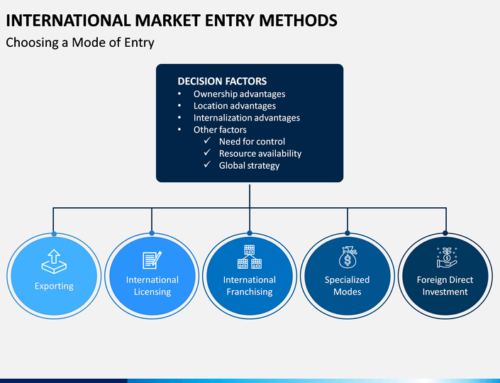A recent article I read talking about companies moving between the UK and the USA quoted George Bernard Shaw – “Two Countries Divided by a Common Language”. Well, the language is slightly different – enough to spot with different spellings (color vs colour) and different words (sidewalk vs. pavement). After watching hours of US TV we’re all pretty familiar with American ways of working and talking. But in reality, how familiar are you of the market you are entering?
In the UK, believe it or not, we don’t talk like Mary Poppins and most of us haven’t met the Queen! Is your view of the UK distorted by stereotypes, by the media and by films? We are all probably guilty of that!
While there is no substitute for being ‘on the ground’, you can prepare before you arrive. This preparation is critically important in selecting for the right people on the ground to lead your market entry.
How can you tell who is right?
In addition to any required business competence and knowledge, there are three important ‘soft skills’ to look for when selecting your lead person in the new market that can make the difference between success and failure.
1. Emotional Intelligence -‘EQ’
If you look at the attributes of a good salesman you will be heading in the right direction – good sales people have high Emotional Intelligence, they often reflect peoples’ behaviour and listen. (Clearly we all know a lot of terrible sales people who don’t do this, but the professionals do). Let’s explore what we mean here:
Emotional Intelligence is a buzz word, but it clearly demonstrates someone’s ability to read the situation, read the other people, and understand their feelings to guide thinking and behaviour. That awareness of themselves, of others around them and adapt is important.
Think of the sales man who comes into the office of a new customer and talks about football. While this is a national sport, not everyone wants to talk about this or has an interest. Think of when a salesman has sat down and without any warm-up dives straight into the hard pitch. Both of these work for some people and not others – those with high EI read the situation and adapt.
2. Listening
The good salesman tale of “one mouth and two ears”. Listen to every word, each detail, the way it was said, what was meant. It is a skill to listen, not a weakness. Your person on the ground needs to be able to do this!
3. Reflection
Reflection is critical: reflect how the customer dresses, approaches life etc. This reflection signifies acceptance, being equal, changes the tone of the meeting.
Do you know when a deal has been done? Does the customer relax, push back his/her chair? Take off his tie? Smile? Talk about the future differently? Use ‘We’ not “I” or “You”.
I often use the Geert Hofstede Culture Report to provide some insight into the differences between our countries. Culture is impossible to measure and rank, but these type of tools start to suggest some of the directional elements to consider.
On the Trade Horizons Prepare Programme we actually have a module of Business Etiquette as part of our Doing Business in the UK Series – as we feel this is critically important for companies entering the UK to get it right. Easy to get wrong, but great when you get it right.
Author: Julian Sawyer
For more information on preparing for entry into the UK contact info@tradehorizons.com







